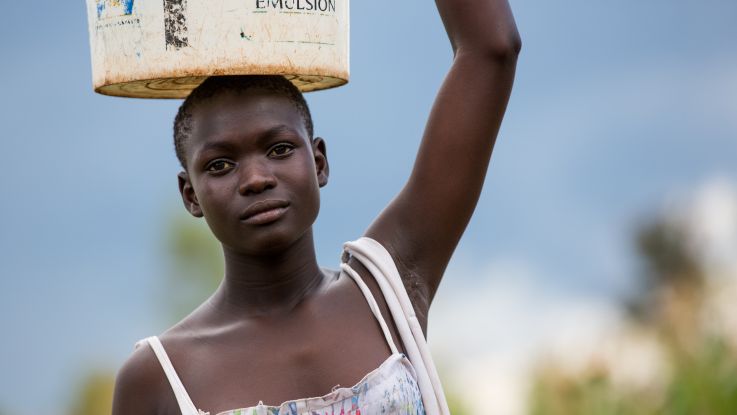


Despite early claims that women are naturally more conserving of resources, the empirical literature, in particular, gives a more mixed and nuanced picture. Particular attention is given to evidence on closeness to nature, focus on conservation, rights to resources, opportunities to exploit resources, and constraints to adoption of sustainable practices. This review draws on ecofeminist theory, feminist political ecology, intrahousehold literature, and natural resource management case studies and reviews to examine how gender shapes the motives, means, and opportunities for men and women to contribute to sustainability.

Her latest book is Gender and Climate Change: Impacts, Science, Policy (Routledge 2016).Sustainability and gender have been prominent on the development agenda since the 1980s, but there has been little systematic study of the links between the two.

Her recent research includes "Unmasking the Racial & Gender Politics of the US Pandemic" (with David Cooper, Timothy Lee, Trevor Lies), Peace Review (2021), "Code Red: Addressing Menstrual Needs during Emergencies" (with Darcy Sullivan), Natural Hazards Disaster Research (2020), “Gender, Conflict, and the Militarization of Climate Change,” Peace Review (2015), "The Continuing Significance of Masculinity," Ethnic & Racial Studies (2017), “ Plus Ça Change: Reflections on a Century of Militarizing Women's Sexuality,” European Journal of Women’s Studies (2014), Race, Ethnicity, & Sexuality: Intimate Intersections and Forbidden Frontiers (Oxford, 2003), and American Indian Ethnic Renewal (Oxford, 1996). Her work focuses on ethnicities, genders, and sexualities in the US and in the global system, American Indian activism, militarization of science, and global climate change. Joane Nagel is a political and cultural sociologist. American Society for Ethnohistory ConferenceĬentering Your Students: How to Sustain Inclusion and Equity as an Educator


 0 kommentar(er)
0 kommentar(er)
